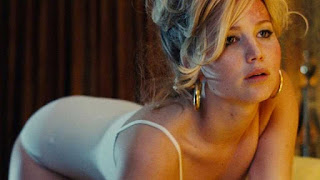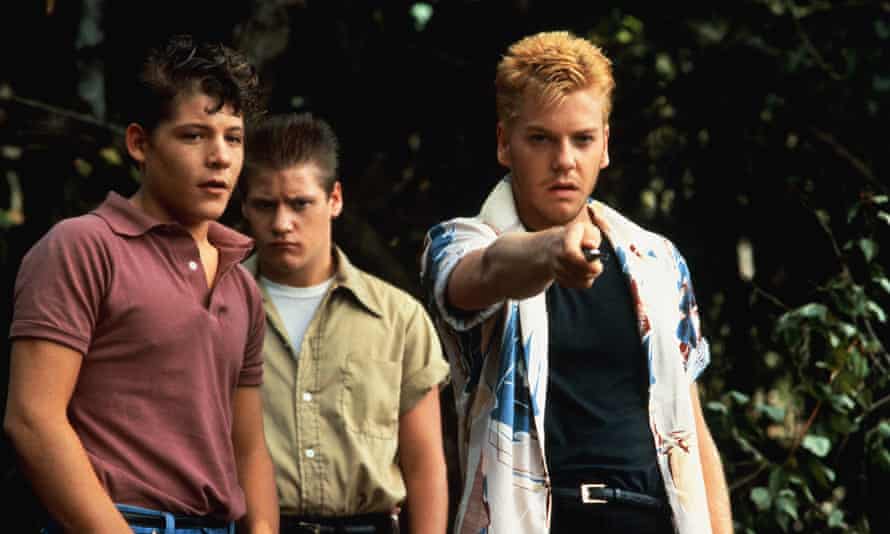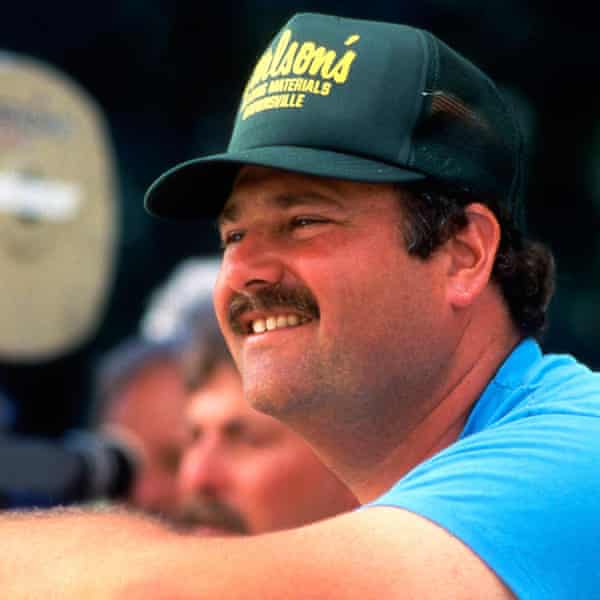Arrival is a 2016 American science fiction drama film directed by Denis Villeneuve and adapted by Eric Heisserer, who conceived the movie as a spec script based on the 1998 short story "Story of Your Life" by Ted Chiang. It stars Amy Adams, Jeremy Renner, and Forest Whitaker. The film follows a linguist enlisted by the United States Army to discover how to communicate with extraterrestrial aliens who have arrived on Earth, before tensions lead to war.
The film had its world premiere at the Venice Film Festival on September 1, 2016, and was released in the United States and Canada by Paramount Pictures on November 11, 2016. It grossed $203 million worldwide and received praise for Adams's performance, Villeneuve's direction, and its exploration of communication with extraterrestrial intelligence. Considered one of the best films of 2016, Arrival appeared on numerous critics' year-end lists and was selected by the American Film Institute as one of ten "Movies of the Year".
It received eight nominations at the 89th Academy Awards, including Best Picture, Best Director, Best Cinematography, Best Adapted Screenplay, and won for Best Sound Editing. It also received Golden Globe nominations for Best Actress for Adams and Best Original Score for Jóhann Jóhannsson, and was awarded the Ray Bradbury Award for Outstanding Dramatic Presentation and the Hugo Award for Best Dramatic Presentation in 2017. The score by Jóhannsson was nominated for Best Score Soundtrack for Visual Media at the 60th Grammy Awards.
What's Arrival about?
Linguist Louise Banks's daughter Hannah dies at the age of twelve from an incurable illness.
Twelve extraterrestrial spacecraft hover over disparate locations around the Earth. Affected nations send military and scientific experts to monitor and study them; in the United States, US Army Colonel Weber recruits Banks and physicist Ian Donnelly to study the craft above Montana. On board, Banks and Donnelly make contact with two cephalopod-like, seven-limbed aliens, whom they call 'heptapods'; Donnelly nicknames them Abbott and Costello. Banks and Donnelly research the complex written language of the aliens, consisting of palindrome phrases written with circular symbols, and share the results with other nations. As Banks studies the language, she starts to have flashback-like visions of her daughter.
When Banks is able to establish sufficient shared vocabulary to ask why the aliens have come, they answer with a statement which could be translated as "offer weapon". China interprets this as "use weapon", prompting it to break off communications, and other nations follow. Banks argues that the symbol interpreted as "weapon" can be more abstractly referred to the concept of "means", "tool"; China's translation likely results from interacting with the aliens using mahjong, a highly competitive winner-take-all game.
Rogue soldiers plant a bomb in the Montana craft. Unaware, Banks and Donnelly re-enter the alien vessel, and the aliens give them a more complex message. Just before the bomb explodes, one of the aliens ejects Donnelly and Banks from the vessel, knocking them unconscious. When they wake, the military is preparing to evacuate in case of retaliation, and the craft has moved beyond reach.
Donnelly discovers that the symbol for time is present throughout the message, and that the writing occupies exactly one twelfth of the 3D space into which it is projected. Banks suggests that the full message is split among the twelve craft, and the aliens want all the nations to share what they learn.
China's General Shang issues an ultimatum to his local alien craft, demanding that it leave China within 24 hours. Russia, Pakistan, and Sudan follow suit. Communications between the international research teams are terminated as worldwide panic sets in.
Banks goes alone to the Montana craft, and it sends down a transport pod. Abbott has been mortally injured as a result of the explosion (which Costello refers to as "death process"); Costello explains that they have come to help humanity, for in 3,000 years they will need humanity's help in return. Banks realizes the "weapon" is their language, which changes humans' linear perception of time, allowing them to experience "memories" of future events. Banks's visions of her daughter, Hannah, are revealed actually to be premonitions; her daughter will not be born until some time in the future.
Banks returns to the camp as it is being evacuated and tells Donnelly that the aliens’ language is the "tool". Those who master the aliens’ language are able to perceive the future and past. She has a premonition of a United Nations event celebrating newfound unity following the alien arrival, in which Shang thanks her for having persuaded him to stop the attack by calling his private number and reciting his wife's dying words: "War doesn't make winners, only widows."
In the present, Banks steals CIA agent Halpern's satellite phone, and calls Shang's number to recite the words. The Chinese announce that they are standing down and release their twelfth of the message. The other countries follow suit, and the twelve craft depart.
During the evacuation, Donnelly expresses his love for Banks. They talk about life choices and whether he would change them if he could see the future. Banks knows that she will agree to have a child with him despite knowing their fate: that Hannah will die from an incurable disease, and Donnelly will leave them after she reveals that she knew this.
How good is Arrival?
Arrival (Denis Villeneuve, 2016)
If 2009′s Polytechnique didn’t convince you that Denis Villeneuve is one of the most significant directors working this century, then Enemy four years later should have clued you up that he is one of the most original. Arrival sees him taking further steps into the mainstream after the Hugh Jackman fronted thriller Prisoners in 2013 and the 2015 CIA-meets-Mexican-drug-lord crime film Sicario with Emily Blunt and Benicio del Toro.
But even in terms of the diversity that marks Villeneuve’s filmography thus far, Arrival feels like something altogether new. Based on Ted Chiang’s “Story of Your Life”, the very scale of Villeneuve’s linguistics-oriented science fiction epic takes him somewhere grander in scope, laying the groundwork for what he might conceivably achieve with the much anticipated Blade Runner 2049, currently pencilled in for an October 2017 release.
Aside from anything else, Arrival stands with Bruce McDonald’s 2008 film Pontypool – another Canadian film, coincidentally – to explicitly address language in the context of fantastic cinema. While Pontypool builds its exploration around the zombie film tradition, Arrival turns its attention towards the alien invasion trope. Like Pontypool, however, Arrival transcends the limitations that so often govern the less creative examples of the subgenre, instead using it as a loose conceptual foundation upon which to build a theoretically-informed examination of what precisely it is that makes us human.
It is on this front that Villeneuve understands that the success of Arrival relies less on the flamboyant special effects that typify the quasi-intellectual dudebroism of Christopher Nolan than it does its lead character Louise, played by Amy Adams. It is hardly original to suggest that – alongside her stupendous performance in Tom Ford’s Nocturnal Animals – 2016 has been an exceptional year for Adams, both films positioning her strongly for Oscar consideration. Although very different roles, in both Arrival and Nocturnal Animals, Adams’ strength lies in what she holds back. The nuance of her often minute physical gestures are at times overpowering; she speaks volumes with the turn of a wrist or the tug of a lock of hair.
Largely a result of the collaboration between Adams and Villeneuve (built on Chiang’s already strong source material), it is the emotional scale of Arrival that ultimately leaves its most enduring mark. In the hands of another director, Arrival could easily collapse into pomposity and self-importance, but Villeneuve’s respect for silence, for nuance, and for the value of small things allows the heart of the story to float to the surface, dazzling brighter and longer than any glitzy intergalactic CG spectacle ever could.
- Alexandra Heller-Nicholas










